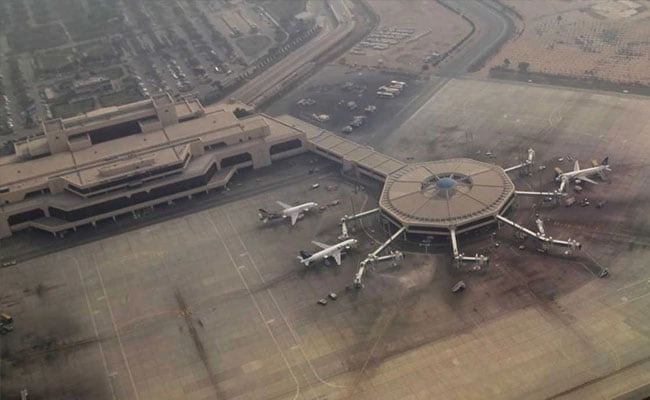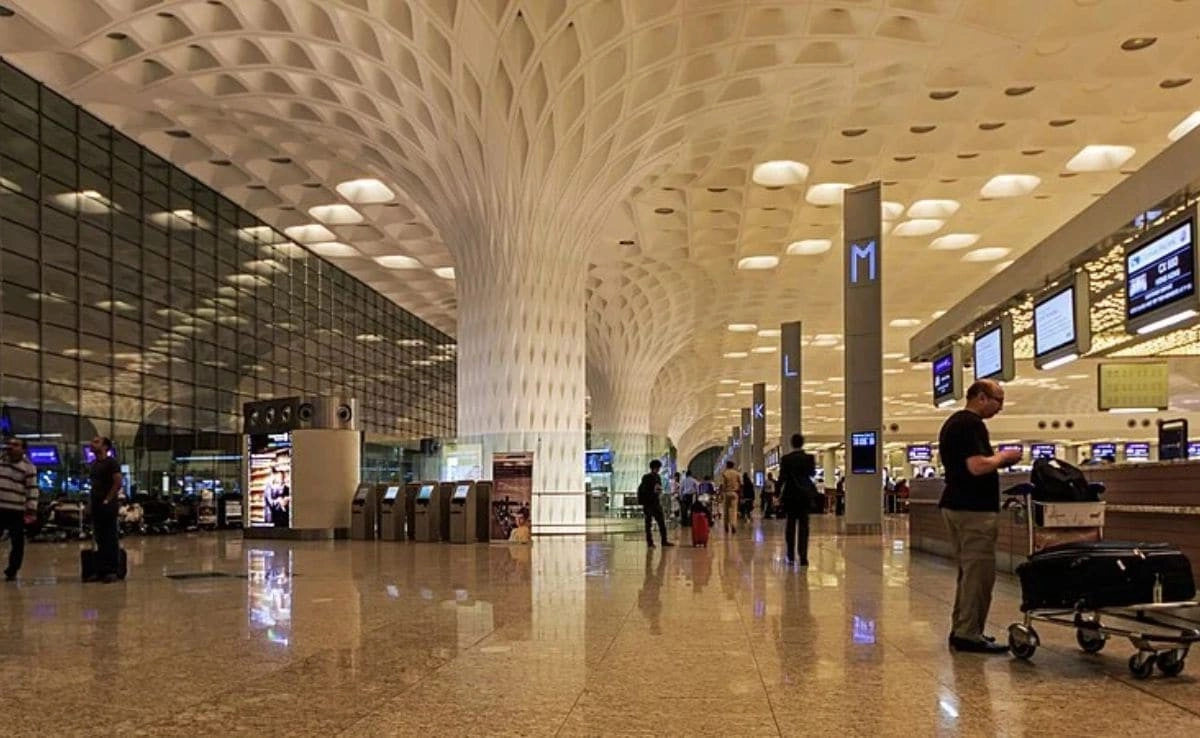In recent developments within the aviation industry, several international airlines, including major carriers like Lufthansa and Emirates, have opted to avoid Pakistan’s airspace due to escalating tensions in the region, particularly involving India. This decision highlights the ongoing geopolitical challenges that can significantly impact global travel routes. The avoidance of Pakistani airspace not only affects airlines’ operational strategies but also has broader implications for travelers and cargo transport in the region.
The decision by these airlines comes amid heightened military and political tensions between India and Pakistan, which have historically been fraught with conflict. The closure of airspace or the rerouting of flights can lead to increased flight times and operational costs. Airlines are compelled to make difficult decisions to ensure the safety of their passengers and crew while also managing the logistical challenges that arise from longer flight paths. With the aviation industry still recovering from the impacts of the COVID-19 pandemic, these additional complications present further hurdles to profitability and service efficiency.
For travelers, the ramifications of this decision can be significant. Passengers may find themselves facing longer journey times, potential flight cancellations, and increased ticket prices as airlines adjust their routes. Cargo transport is also affected; delays in shipping goods can disrupt supply chains, particularly in a region where trade routes are vital for economic stability. The situation underscores how geopolitical issues can have far-reaching consequences beyond mere politics, influencing everyday life and commerce in various ways.
As the situation develops, it remains to be seen how long these airlines will continue to avoid Pakistani airspace and what measures will be taken to ensure the safety and efficiency of international travel. The ongoing tensions between India and Pakistan are a reminder of the fragile nature of peace in the region and its direct impact on global aviation. Stakeholders, including governments and airline executives, will need to navigate these challenges carefully to restore confidence in air travel over these routes and safeguard the interests of travelers and businesses alike.




